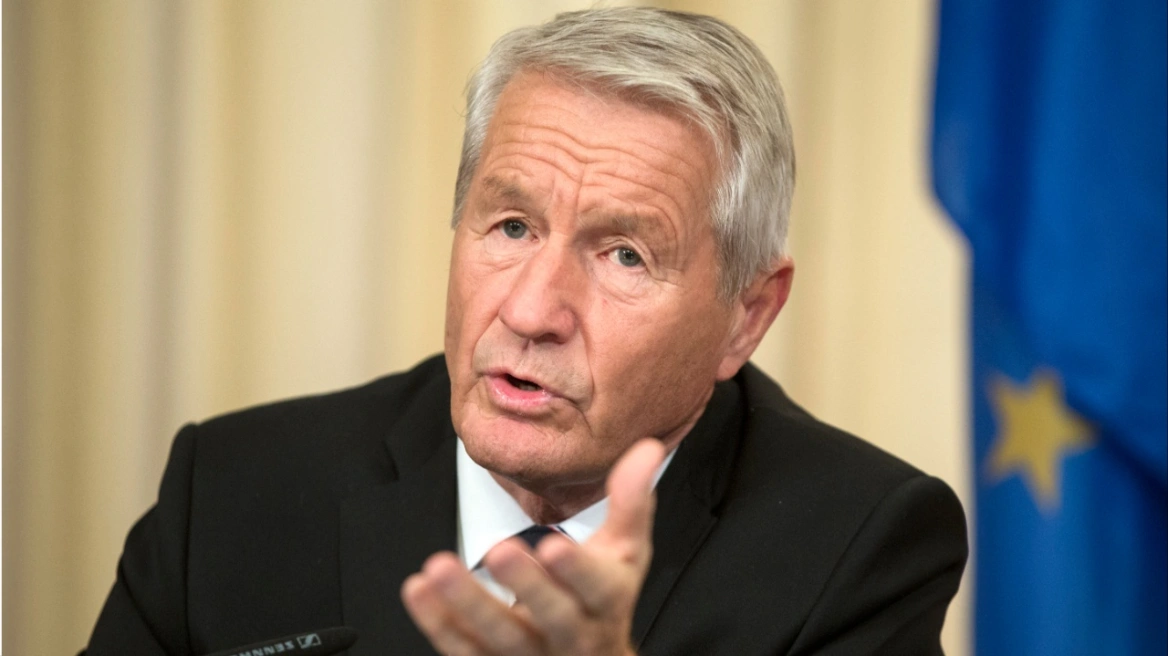According to a report from “The Telegraph“, the Pfizer-BioNTech coronavirus vaccine no longer needs to be kept at super-cold temperatures, according to new results, a development which will make it considerably easier to distribute in the UK and internationally.
According to new stability data, which has been submitted to regulators in the United States, the vaccine can be kept in a normal medical freezer at between -15C and -25C for as long as two weeks.
Previously, the vaccine – which uses mRNA technology and was the first in the world to be approved, by UK regulators – had to be “deep frozen” at between -60C and -80C, temperatures colder than the Antarctic winter.
The vaccine’s instability has been a major hurdle for distribution efforts. Doses are shipped in specially-designed containers that must be topped up with dry ice every five days and, once it arrives at a clinic, it can be kept in a fridge for only five days.
These stringent requirements have complicated the UK’s vaccine’s rollout, particularly in care homes and pharmacies, and are considered a major stumbling block for lower income countries with fewer resources to establish a super-cold chain.
In a statement on Friday Ugur Sahin, BioNTech’s chief executive, said the finding would offer “greater flexibility” for vaccination centres.
Iron Maiden: This Medieval torture device was used as recently as 2003!
Why are cats scared of cucumbers? (funny video)
“We will continue to leverage our expertise to develop potential new formulations that could make our vaccine even easier to transport and use,” he added.
If approved by the US Food and Drug Administration (FDA), the new data suggests the jab can be stored at between -25C and -15C for two weeks, followed by up to five days in a standard fridge.
The data brings the Pfizer-BioNTech vaccine in line with other mRNA shots. Moderna’s jab can already be kept at a normal fridge temperature of between 2C and 8C for 30 days. Another vaccine candidate still in development, Germany’s CureVac, can be stored at similar temperatures for as long as three months.
This comes as an Israeli study found the Pfizer-BioNTech vaccine is 85 per cent effective after a single dose, which the country’s top scientists said endorsed the UK approach of giving out the jabs up to 12 weeks apart.
Source: The Telegraph
Ask me anything
Explore related questions





